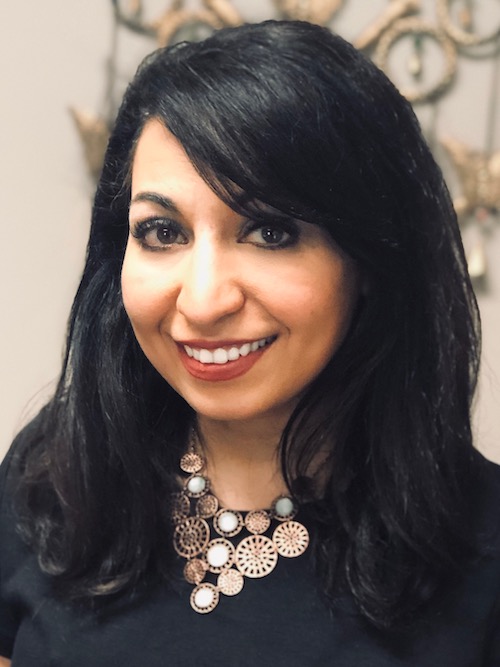Special Needs Guardianship: What Parents Should Know, Pt. 2

Special needs guardianship was the topic at DifferentDream.com yesterday, and it still is today. Guest blogger Liz Matheis began Part 1 of the series by explaining what’s required for obtaining it and how long it takes. Now she’s back to finish the series.
Special Needs Guardianship: What Parents Need to Know, Pt. 2
Special Needs Guardianship: Limited vs. Full
Within the psychological report, the psychologist will make the recommendation as to the type needed: limited vs. full. If the parent or other adult has full guardianship, this means that all decisions regarding education, finances, area of residence, vocation, and medical decisions requiring informed consent will be made by the guardian. This does not mean that the individual does not have a say in the matter, however all final decisions are made by the guardian. If the guardian has limited guardianship, the psychological report should indicate in which of the 5 areas listed above the individual has the ability to make decisions, and in which areas the guardian makes decisions.
It is also good practice to recommend that the issue is re-visited when the individual is 30 years old (or sooner) in order to assess level of functioning and if guardianship needs to be a change from full to limited, or if there are a greater number of areas in which the individual can make decisions. The re-visiting of this legal issue takes into account that the individual will have had greater life experiences and life training that may decrease the need for guardianship in all areas or the majority of areas.
Special Needs Guardianship and Power of Attorney: What’s the Difference?
Power of Attorney (POA) is a document that allows a person to appoint an Agent to make financial and legal decisions on his/her behalf and have access to his/her financial and legal records. POA is designed to allow the Agent to carry out the wishes of the young man or woman on legal and financial matters. This is a legal document usually drafted by an attorney; however, that is not required. POA does not require going to court. Instead, POA is registered through the Community Health Law Project.
Here is the key difference – the POA can be revoked verbally or in writing at any time. Therefore, if the individual is believed to be vulnerable or can be exploited easily, POA may not be the best option. Remember, guardianship is the removal of a person’s right to make decisions; however, it is done with the intention to protect a young man or woman with a developmental disability who may be at risk for exploitation.
Any More Questions?
Thank you, Liz, for your clear explanation of what this topic. If you have more questions, leave a comment. Maybe Liz will be able to answer it. If you haven’t read Part 1 of the series, be sure to check it out, too.
Do you like what you see at DifferentDream.com? You can receive more great content by subscribing to the quarterly Different Dream newsletter and signing up for the daily RSS feed delivered to your email inbox. You can sign up for the first in the pop-up box and the second at the bottom of this page.

By Liz Matheis
Dr. Liz Matheis is a clinical psychologist and school psychologist in Parsippany, NJ. She offers support, assessments, and advocacy for children who are managing Autism Spectrum Disorders, ADHD, learning disabilities, and behavioral difficulties, as well as their families. She is also a contributor to several popular magazines. Visit www.psychedconsult.com for more information.
Subscribe for Updates from Jolene
Related Posts
My Favorite Vacation Planning Tips for Special Needs Families
Are you traveling this summer? Jolene provides her favorite vacation planning tips for special needs families.
The Weight of Silence as Parents of Kids with Invisible Disabilities
Guest blogger Lisa Pelissier explains the weight of silence as parents of kids with invisible disabilities.
How to Build a Thriving Marriage as You Care for Children with Special Needs
Todd and Kristin Evans explain how to build a thriving marriage as you care for children with special needs.






0 Comments